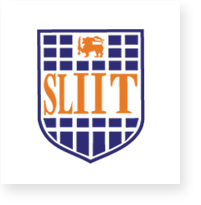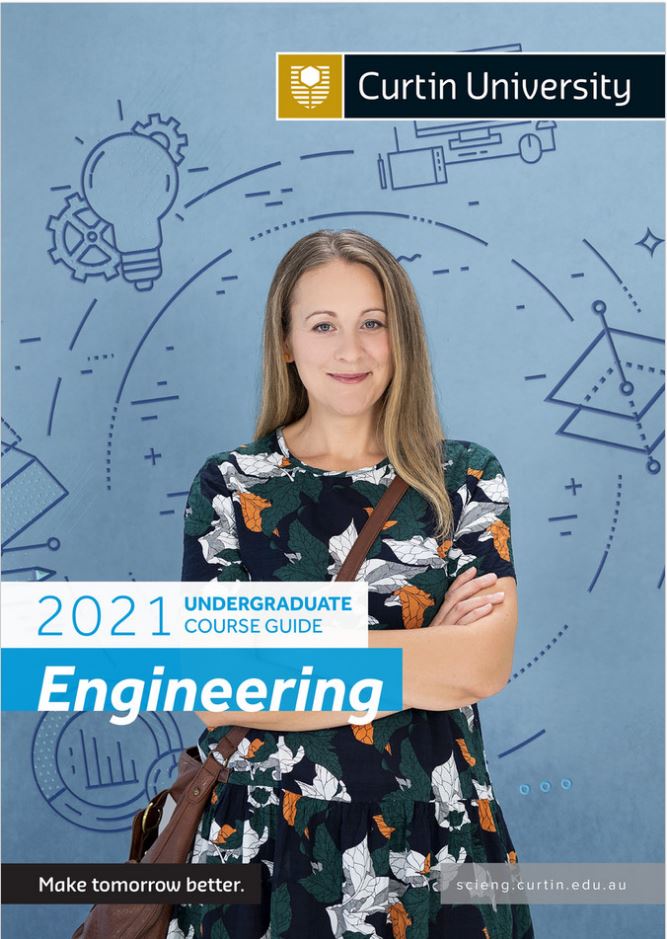| Location | SLIIT |
| Study Method | Full-time |
| Study Mode | On-Campus |
| Intake | February / July |
| Duration | 4 Years |
Rapid advances in electronic communication, the ‘internet of things’, and renewable and sustainable energy offer abundant career opportunities in electrical and electronic engineering.
In this major you will gain a thorough understanding of the concepts that underpin electrical and electronic engineering, before choosing one of the specialisations below.
In your final year you’ll undertake a major research or design project and complete 12 weeks of professional practice.
Embedded Systems
Our world is increasingly characterised by intelligent devices that contain embedded systems. These systems enable a computer to control another computer, monitor it or provide it with sophisticated functionality.
In this stream, you will learn the theoretical and practical aspects of embedded systems, sensors and electronic design.
Electronics and Communications
Society has an increasing demand for intelligent transportation systems, mobile broadband access, remote operations and tactile internet – the next evolution of the internet of things.
This stream will help you address challenges facing telecommunication systems, to enable fast and reliable communication anywhere and anytime.
Power Systems
With fossil fuels being a finite resource, it is vital that we harness alternative sources of electrical energy, such as solar and wind.
This stream will help you address the challenges in the generation, transmission and distribution of electricity. It covers topics such as smart grids, distribution systems and the integration of renewable energy.
This major sits within the Bachelor of Engineering (Honours) degree.
வேலைவாய்ப்புகள்
- Electrical engineer
- Electrical power engineer
- Electronics engineer
- Communications engineer
- Embedded systems engineer
- Medical systems engineer
- Network controller
- Power systems engineer
- Systems engineer
Industries
- Application engineering
- Computer hardware design
- Electronic systems
- Fibre optics and mobile communications
- Manufacturing
- Robotics
- Software development Solar and renewable energy
An Industry Advisory Board provides input to this course to ensure it matches current industry needs and expectations.
In your final year, you will undertake a two-semester research and design capstone project that will demonstrate your abilities. You will also complete 480 hours of exposure to professional engineering practice to prepare you for the work environment.
Students are required to complete at least 12 weeks of exposure to professional engineering practice to graduate.
In addition to the course-specific admission criteria listed above, please read our general admission criteria. Our general admission criteria apply to all courses at Curtin University.











